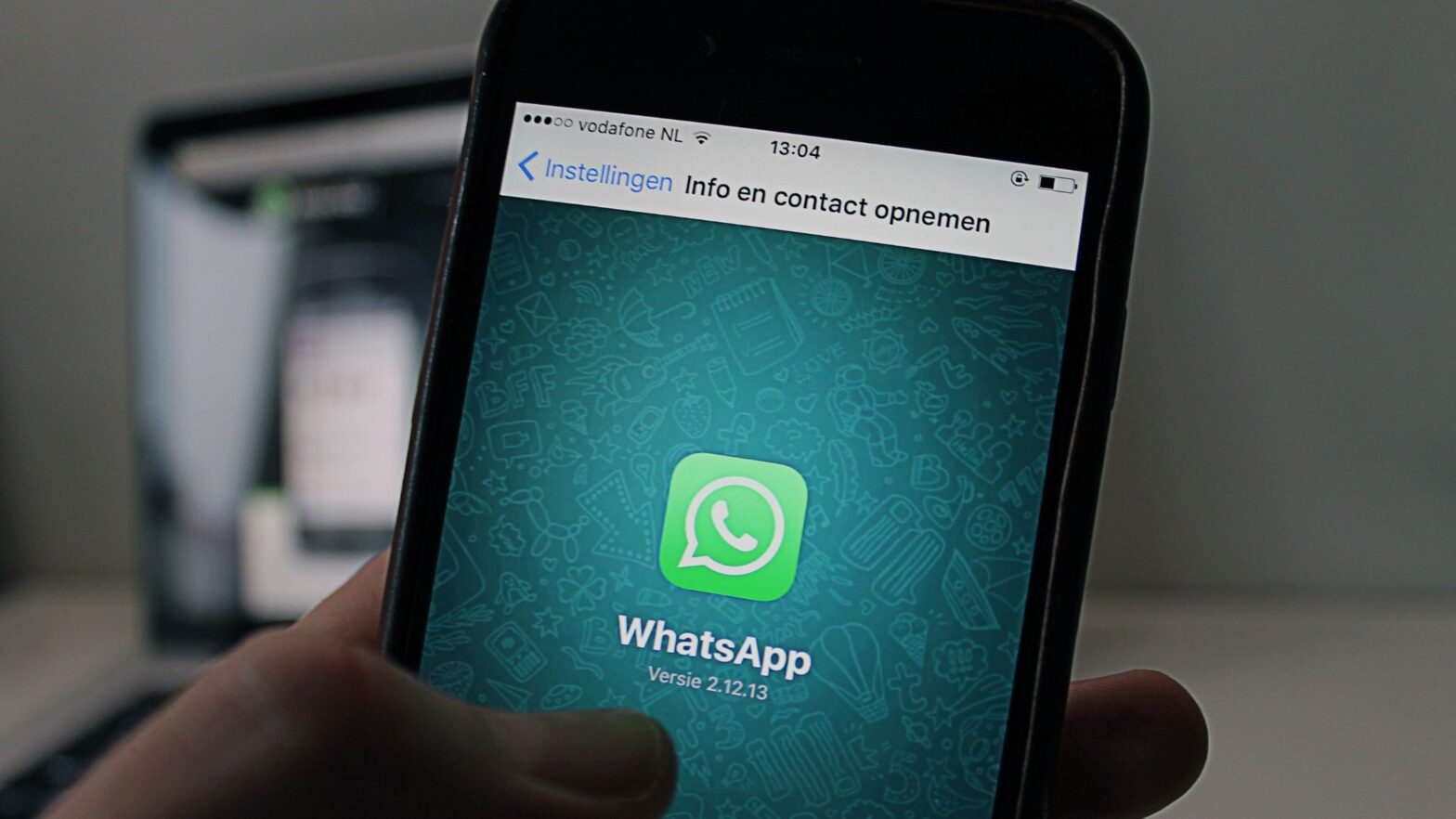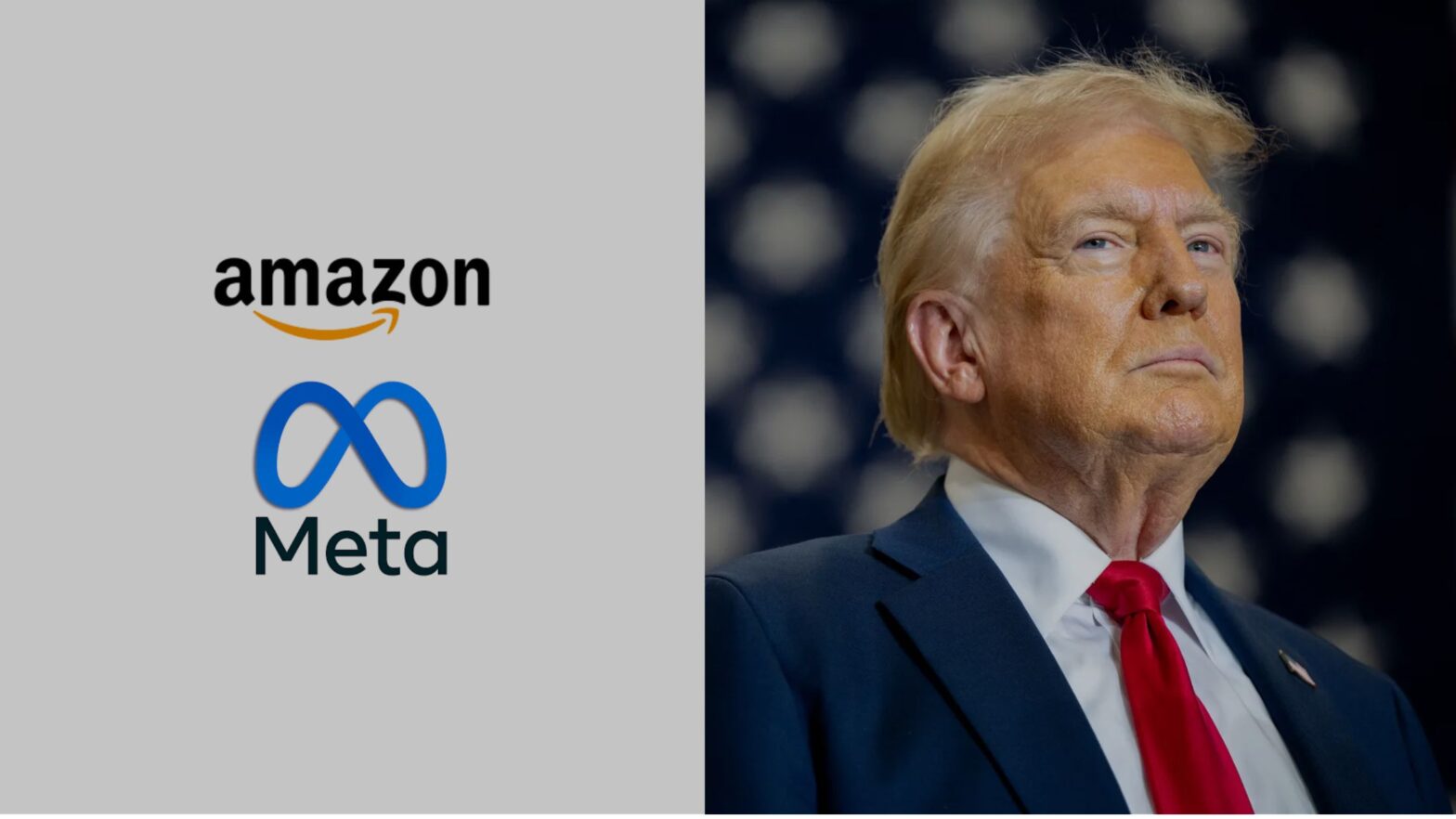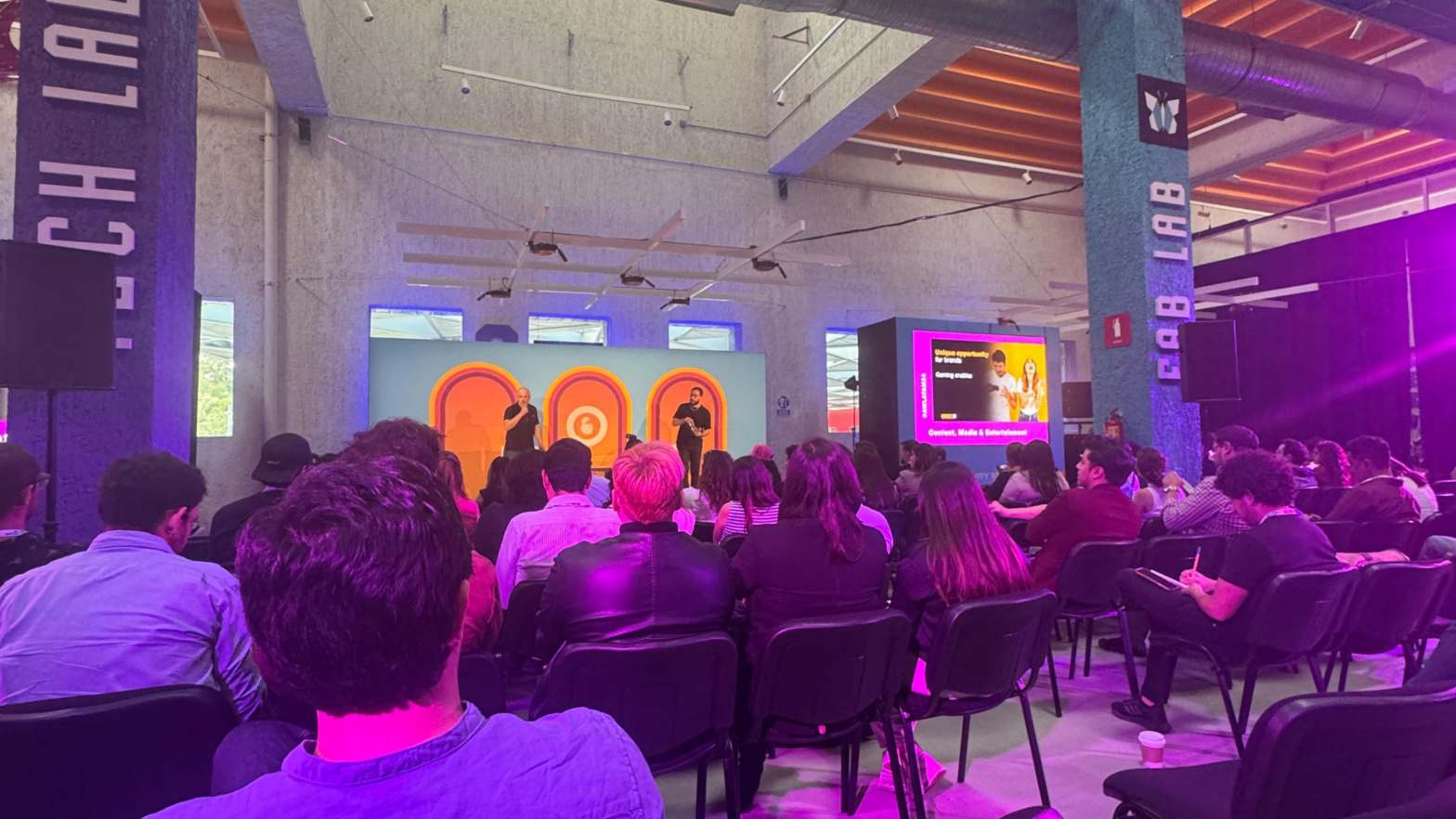How WhatsApp makes money, the messaging giant that isn’t as “free” as it seems
October 21, 2024

Have you ever wondered, “How does WhatsApp make money if it’s free?” You’re not alone. For many users, WhatsApp is just a no-cost messaging app, but the truth is, its business model is far more complex than just sending stickers and GIFs between friends. Today, we’re breaking down how WhatsApp has become a money-making machine, all while staying under the radar.
WhatsApp’s beginnings: no ads, no cost
When WhatsApp launched in 2009, it had a simple promise: no ads, no gimmicks, just a service that allowed people to message for free (after an annual fee, which was later removed). This ad-free, no-cost experience helped WhatsApp grow to over 2 billion users worldwide.
However, when Facebook (now Meta) bought WhatsApp in 2014 for a jaw-dropping $19 billion, we all knew that Mark Zuckerberg wouldn’t leave that investment without a return. Since then, the big question has been: How does WhatsApp plan to make money with a free app?
WhatsApp Business: the profit is in the businesses
The answer came in 2018 with the launch of WhatsApp Business, a version of the app designed to connect companies with their customers. The secret to its success? WhatsApp charges businesses to use its platform for direct customer communication, whether for customer service, notifications, or even making sales through the app.
This business model has been a huge hit, especially in emerging markets like India and Brazil, where WhatsApp is the main digital communication tool. Companies pay for each message they send or for advanced features like product catalogs or automated responses. This way, the platform turns into a business interaction hub while still remaining ad-free for regular users.
Payments through WhatsApp: the future of digital commerce
Another key strategy to monetize the app has been the introduction of WhatsApp Pay, a service that allows users to make payments directly through the platform. While this service has mainly taken off in India so far, Meta sees this as a critical feature for WhatsApp’s revenue growth.
Imagine being able to shop, pay bills, or send money to friends without leaving the app. This is a digital payments business with huge potential, especially in regions where access to banking services is limited, and it positions WhatsApp to compete with big names like PayPal or Apple Pay.
And ads? Not so fast…
Despite expectations that WhatsApp might eventually adopt an ad model, similar to Instagram or Facebook, the company has been clear: no ads in personal chats. At least for now. Meta has been cautious about introducing ads in a space where users expect privacy and a seamless experience.
But that doesn’t mean ads are entirely off the table. There’s been speculation that Meta might introduce ads in the WhatsApp Business version, allowing businesses to reach users through banners or notifications within the app. If this happens, it could be a major revenue booster without heavily impacting the average user’s experience.
WhatsApp and privacy: a delicate balance
One of WhatsApp’s biggest selling points has always been its end-to-end encryption, ensuring that your messages are private and can only be seen by the recipient. But this strong focus on privacy has also been a challenge when it comes to monetization. Concerns over data privacy policies and Meta’s controversial track record with user data have led to skepticism among users about how safe WhatsApp really is.
Even so, Meta continues to rely on user trust as its greatest asset, knowing that as long as people feel secure using the app, they’ll continue to embrace its paid services and business tools.
The future of WhatsApp: beyond messaging
WhatsApp is much more than just a messaging app. With each new feature, Meta moves closer to its goal of transforming WhatsApp into an all-in-one platform for everything from communication to shopping and payments. While the ad model remains a question mark, it’s clear that WhatsApp Business and digital payments are solid pillars for the app’s financial future.
Conclusion: Even though WhatsApp remains “free” for users, there’s a sophisticated and subtle monetization strategy working behind the scenes. The app has found smart ways to generate revenue without compromising (at least for now) the user experience, and it looks like it will remain a profitable giant for years to come.




